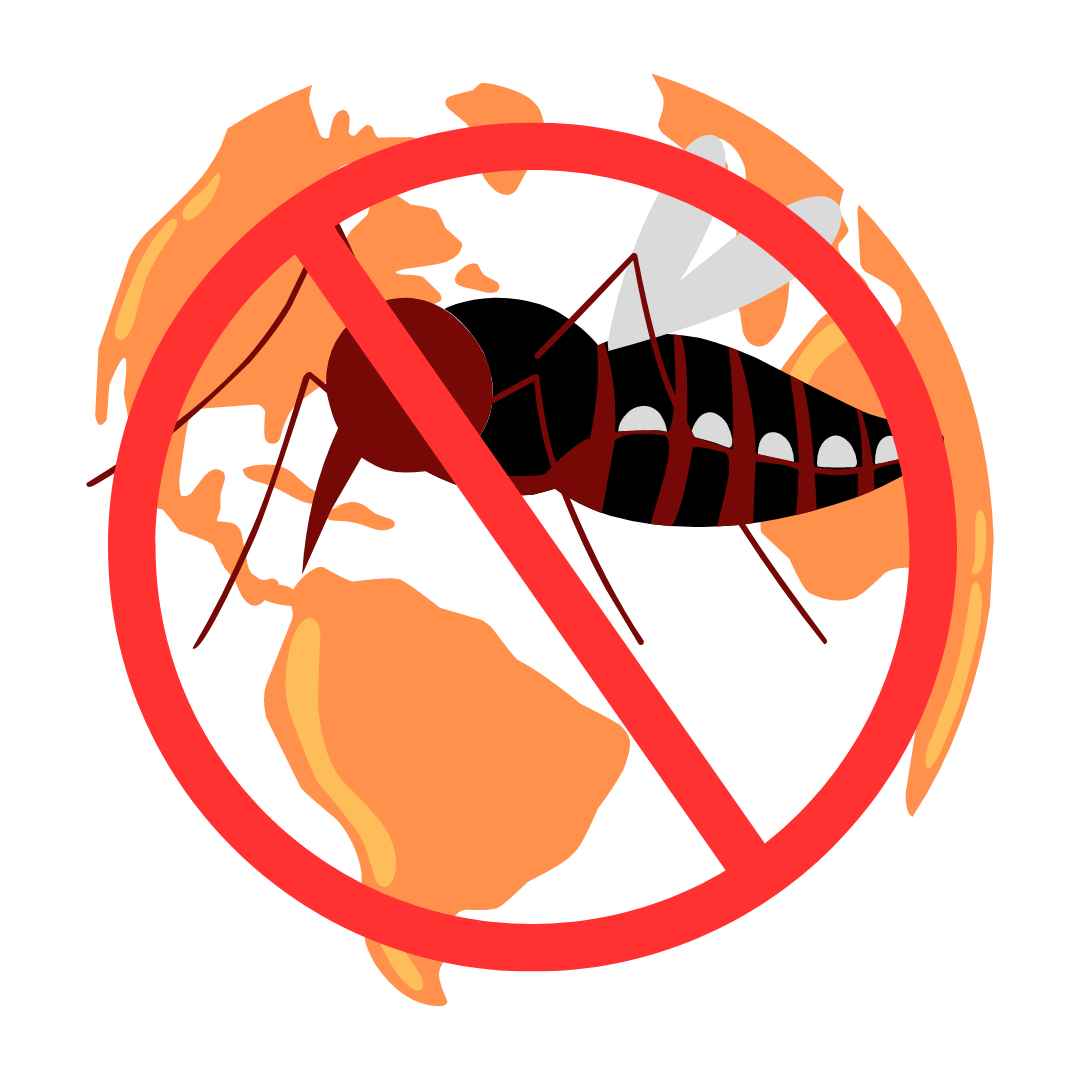Sometimes known as Bone-Break Fever due to the body aches patients experience, Dengue fever has recently become more prominent in the media. In this article, we explore the disease and its prevention.
Dengue is a viral infection caused by the Dengue virus (DENV), transmitted to humans through the bite of an infected mosquito. About half the world’s population is at risk of dengue fever with an estimated 100-400 million infections.
The highest number of dengue cases was recorded in 2023, affecting 80 countries. This unexpected spike in cases and the ongoing transmission have resulted in a historic high of 6.5 million cases and more than 7,300 dengue-related deaths to be reported.
Several factors are associated with this increase in cases. One factor is the consequences of the El Niño phenomenon in 2023 and climate change, which led to increasing temperatures, high rainfall, and humidity. Another is the fragile health systems in the midst of the COVID-19 pandemic and political and financial instabilities in countries facing complex humanitarian crises and high population movements.
There are four different types of dengue virus: DEN 1, DEN 2, DEN 3 and DEN 4. All have the potential to cause either dengue or severe dengue, also known as dengue haemorrhagic fever.
With this all in mind, trepid explorers like yourselves should know how to prevent Dengue to ensure you stay healthy on your trip.

Dengue is found in tropical and sub-tropical climates worldwide, mainly in urban and semi-urban areas.
Since 2023, there has been an increase in cases in the Caribbean, with the region reporting 62,460 cases.
The first sign of Dengue fever is typically a sudden onset of high fever, often accompanied by:
Individuals infected for the second time are at greater risk of Severe Dengue, also known as Dengue Haemorrhagic Fever.
Severe Dengue symptoms often come after the fever has gone away.
Anyone suffering with severe symptoms should seek medical advice ASAP
Dengue fever can vary, but it typically lasts about 2 – 7 days. Symptoms like fatigue and weakness may persist for a few weeks.
Preventing dengue fever primarily involves controlling mosquito populations and avoiding mosquito bites.
Mosquitoes that carry the dengue virus breed in stagnant water. Eliminate any sources of standing water around your accommodation, such as flower pots, buckets, discarded tyres, and containers. Many resort owners will do this for you.
We recommend using insect repellent, protective clothing, avoiding peak mosquito activity, and using mosquito nets. Our Avoiding Insect Bites blog provides more information on these preventative measures.
Get advice on your risk of Dengue fever in the countries where you are travelling and book a video consultation with our Travel Health Nurse Specialist; our team will be able to give you a personalised risk assessment and recommendations for your trip
If you have symptoms such as high fever, severe headache or a rash within two weeks of your return from a country with a risk of dengue, get urgent medical advice and remember to tell your GP about every country you visited.
There is a vaccine available for dengue, Qdenga®, which is licensed in the UK
The JCVI (the Joint Committee on Vaccination and Immunisation) and the TSC (Travel Sub Committee) have reviewed the vaccine information and recommended that the following groups of travellers be offered the Qdenga® vaccine.
Individuals who are 4 years and older with confirmed dengue infection in the past and are
Individuals with no previous dengue infection should not be currently offered Qdenga® vaccine in the UK
Dengue and severe dengue (who.int)
NaTHNaC – Dengue: the Caribbean region (travelhealthpro.org.uk)
NaTHNaC – Qdenga® dengue vaccine guidance (travelhealthpro.org.uk)
By Amanda Howarth April 2024
Are you planning an exciting adventure abroad? Whether you’re embarking on a tropical vacation, a backpacking trip through Asia, or a Safari in Africa, ensuring you are up to date with your travel vaccinations is crucial for a safe and healthy journey.
This guide will address some common questions regarding travel vaccinations, including where to get them, which ones are free on the NHS, how to obtain them, and the ideal timeframe to schedule your vaccinations before your trip.
Cholera is a serious illness caused by a bacteria known as Vibrio cholerae. It is particularly risky in areas with poor water treatment, sanitation, and hygiene practices.
Even though cholera is not common in the UK, it can pose significant risks to travellers visiting affected regions. This article delves into the nature of cholera, the dangers it presents to UK travellers, and the measures that can be taken to prevent it.
The Zika virus is a disease transmitted by mosquitoes that has received a lot of media attention in recent years due to its severe health implications, especially for pregnant women. It’s important to be aware of the risks and take steps to prevent it in order to have a safe and healthy experience
Embarking on a gap year adventure is an exciting milestone. Exploring new cultures, meeting people from different backgrounds, and experiencing the world beyond your comfort zone is invaluable. However, it’s crucial to prioritise your health while travelling. Here’s a comprehensive guide to ensure you stay healthy and make the most of your gap year journey.